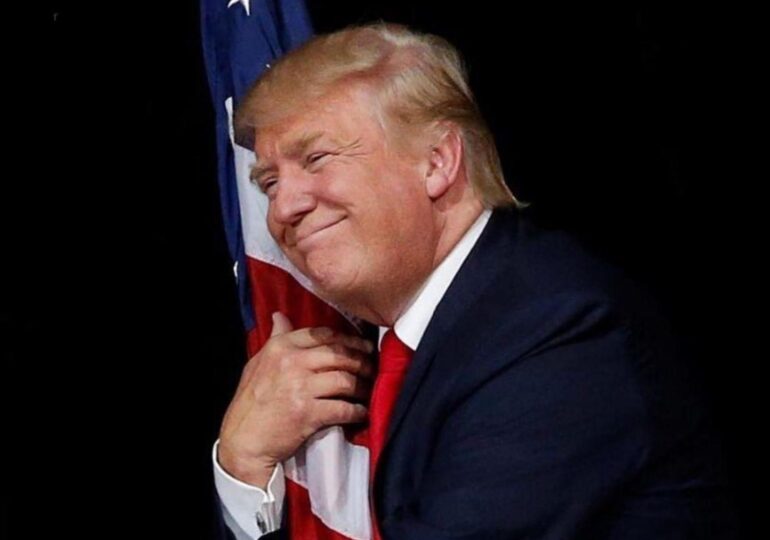Some market analysts warn that global investors are underestimating President Donald Trump’s determination to impose new trade tariffs, despite the relatively calm reaction of European markets.
Trump has announced that he will introduce tariffs of 30% on goods imported from the European Union and Mexico starting from August 1.
Although the announcement raised concerns, European indices had moderate reactions: Stoxx 600 closed Monday's session down by just 0.06%, and on Tuesday it lost another 0.4%, amid concerns about inflation in the US, CNBC reports.
This mild reaction starkly contrasts with the volatility in April when a similar announcement, but with a lower tariff of 20%, led to drops of up to 5% on European stock exchanges. Many investors seem to be once again betting on the strategy called "TACO" (Trump Always Chickens Out), relying on the idea that tariff threats are just negotiation tactics.
Michael Field, a strategist at Morningstar, told CNBC that "investors simply aren't scared anymore," relying on recent experiences where threats did not materialize.
However, others warn that excessive confidence in the "TACO" scenario could lead to losses. Anthony Esposito, CEO of AscalonVI Capital, is convinced that the tariffs will be applied: "The EU will not give in so easily, and this move could affect global GDP growth, especially in the current context of high sovereign debts in Europe."
European officials have expressed hope for reaching a trade agreement with the US but have emphasized that they are prepared to take retaliatory measures if EU economic interests are affected.
Kevin Yin, vice president at Asterozoa Capital, believes that Trump now has more reasons to see his plan through: "US stock markets are near historic highs, giving Trump more leverage."
Risks for the growth of European stock markets
European stock markets have had a very good year so far: Stoxx 600 has risen by over 7%, DAX by 21%, and Italy's FTSE MIB by 17%. However, 30% tariffs could dampen this momentum.
Michael Field warns that 10% tariffs, like those of the UK, are bearable, but 30% tariffs could seriously affect Europe's GDP.
Dan Coatsworth, an analyst at AJ Bell, says that this threat could lead to massive stock sales: "Europe has been attractive to investors, but high tariffs could spoil the party."
On the other hand, Anthony Willis, an economist at Columbia Threadneedle, has taken a more optimistic view: only 18-20% of EU exports go to the US, so the impact will not be total. Moreover, other countries could become alternative trading partners.
Investments and trading in the current climate
Anthony Esposito warns that most European asset classes would feel the pressure in the case of 30% tariffs. However, defense spending, stable ECB interest rates, and rising precious metal prices could support the defense, financial, and mining sectors.
Kevin Yin adds that the full implementation of tariffs could lead to sales of US bonds and increases in the gold market and heavy industries in the US, while European exporters, especially those in the auto industry, could be severely affected.

